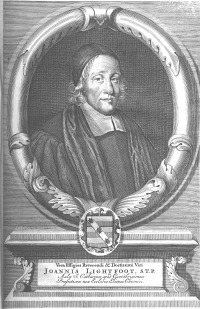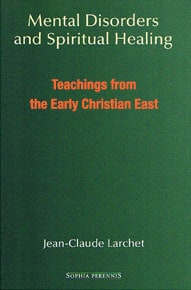How health care ethics need to be ingrained in the fabric of the evangelical mindset.
Technology has introduced great breakthroughs on issues of life and death but has also naturally brought about new ethical issues that the traditional faith has not been prepared to engage in.
Most evangelicals are left with making life or death decisions, not on the basis of religious piety, but the insistence of economics or social convenience. They are game time decisions made in hospitals and doctors offices. These decisions are not considered the role of the church or faith. It is just what has to be done. Faith comes later.
The Public Reader in the Church
The role of the public reader in the earliest diasporan Church, how the language changed over time, and the new problems it created.


